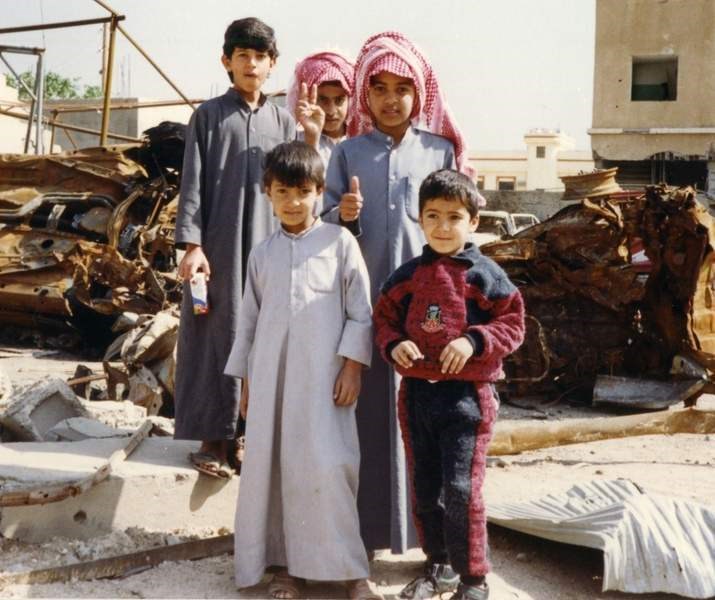The average Canadian has no concept of what life is like in the Middle East, says a man who served with peacekeeping units in Israel.
Bill Tolley, a member of the Olds Legion, served with a peacekeeping unit in Israel's Golan Heights in the 1970s, a territory fought over many times.
It was part of a 21-year military career which saw Tolley also serve in Germanay and Norway. Initally he was a medic, but later served in supply.
“It's a different world out there,” Tolley says. “In this country here, we're so protected from a lot of that stuff; you really can't comprehend it until you run into it.
“I think the most accurate way of looking at that is, when I landed in Ismalia – you land at the airport in Cairo and then you go across the river to Ismalia, the Canadian base.
“You travel that road and it's a six-lane highway – no markings on the highway. A stretch limosine passes you – a Mercedes going 120 kilometres an hour – and then you pass a guy on a donkey with sticks on the back you've seen in pictures with JC (Jesus Christ); 2,000 years of history in a matter of 30 seconds.”
He says his son Ken observed much the same thing while serving with the Canadian military in Afghanistan and Bosnia.
“People in the rest of the world aren't like us. Normality in the world is not the way we are, it's the way they are,” Tolley says. “We're more modernized in what we do.”
“Life is a lot harsher in those countries than it is here,” Tolley adds. “I'm sure that if you put kids from high school in some of those countries they wouldn't be able to survive. And these people have survival skills. They're passed on from family to family.
“I saw a girl in Syria chaffing wheat. There's a big round fence about 20 feet around. The fence is about four feet high. It's full of grain. She has a big screen and she's throwing it up in the air and letting the wind take away the chaff and the grain.
“And this was 30 years ago. They've done that for thousands of years so why would they change? Why would they put a tractor out there when they're not going to gain any more grain than doing it by hand?
“We've progressed – we've modernized a lot of what we do because of the land and the food and they survive within themselves. They're not interested in supplying a thousand people with the grain on the farm, they're interested in supplying their village of a hundred, and that's it. So they're very, very localized.
“The world is a tribal world and that's why they believe what they do. It's their own little way of doing it.”
Tolley stresses only a very small percentage of people in the Middle East are Islamic extremists and/or terrorists. The rest, he says, are just trying to make it through each day.
“Ninety-five per cent of the people in those countries are just surviving. They're just working hand to mouth or paycheque to paycheque or whatever you want to call it in this country,” he says.
“It's five per cent of the people who like to do what they want to do and kill to get it. You know, ‘why should I have to go to work when I can steal it from you,' and that's the basic concept.”



